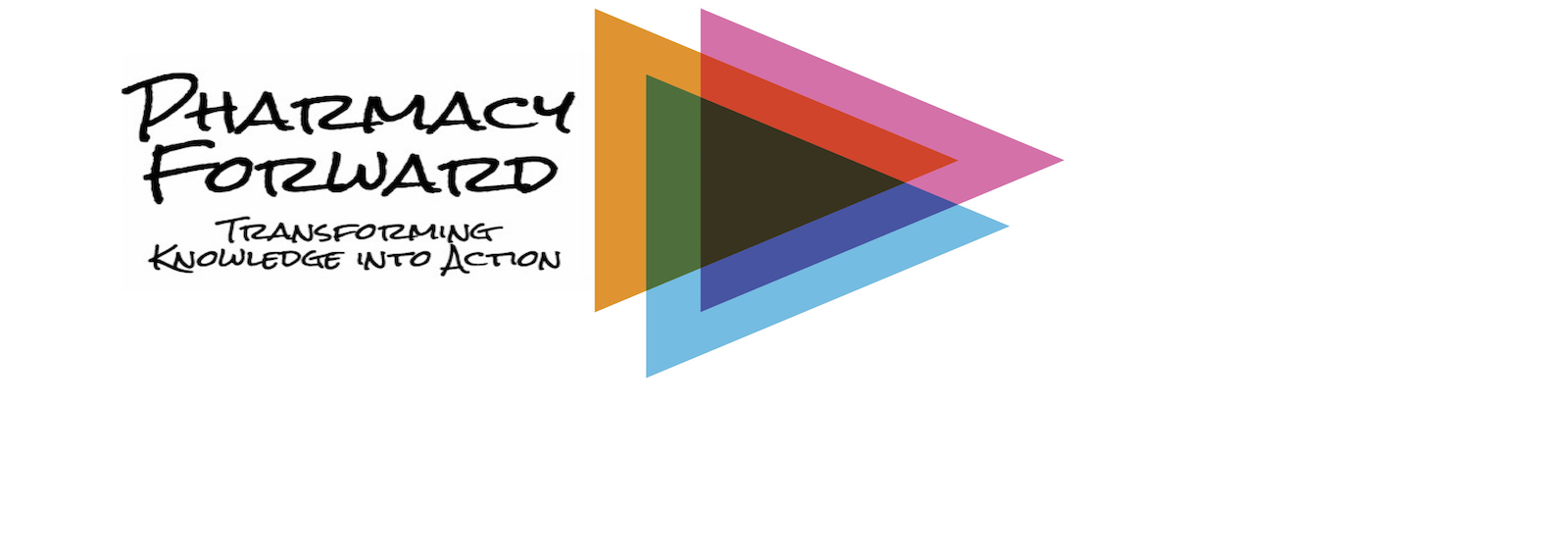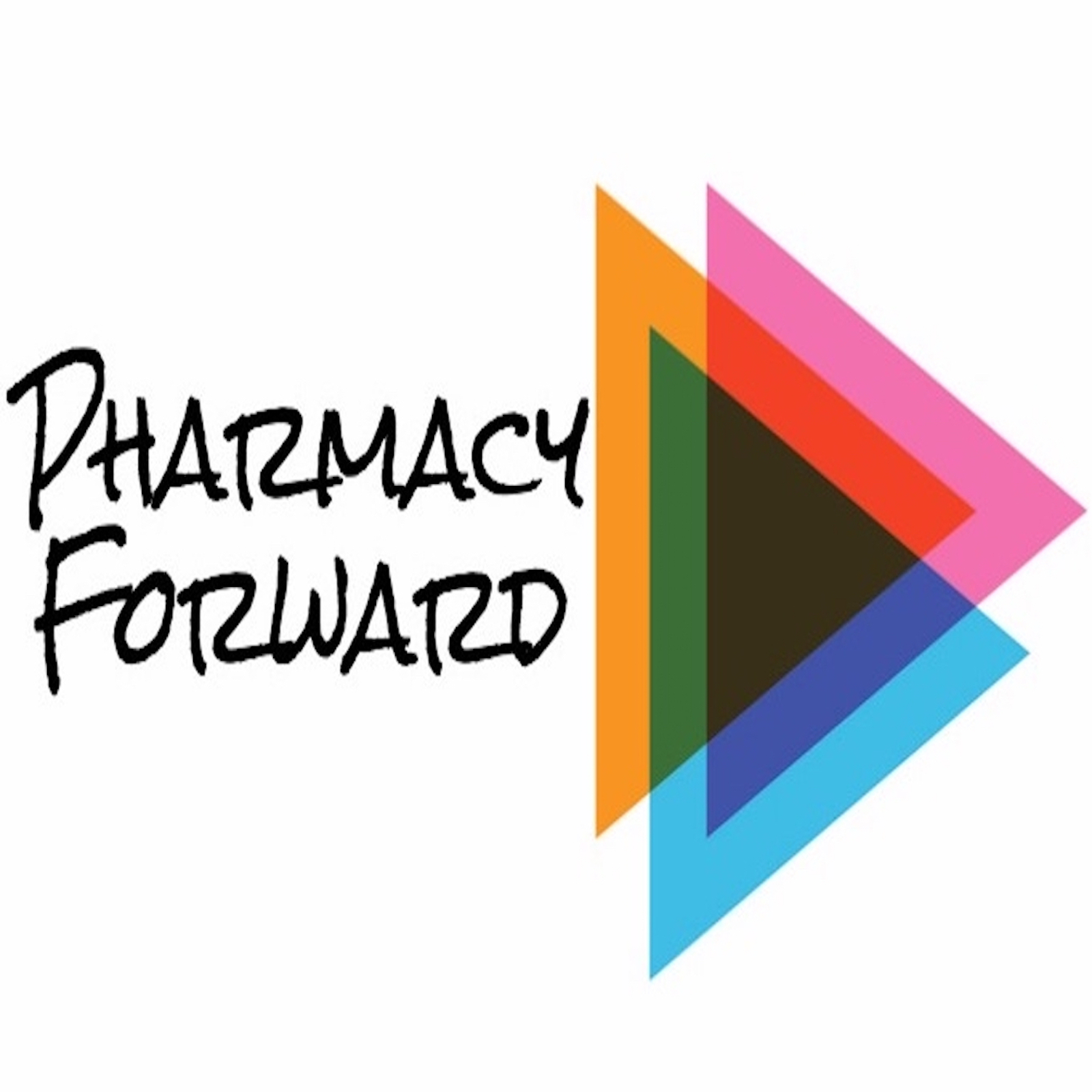Episodes

Tuesday Feb 18, 2020
Gender Identity & Transgender Care (III)
Tuesday Feb 18, 2020
Tuesday Feb 18, 2020
Cheyenne C. Newsome, PharmD, BCACP and Jessica Conklin, PharmD, BCACP, CDE, AAHIV — passionate advocates for the role of pharmacists in the care of transgender persons — talk with us about the need for patient and provider education and about the benefits and risks of gender-affirming treatment.
Key Lessons:
- Gender-affirming therapy is highly effective, improving the quality of life in more than 80% of patients.
- Hormonal therapy is the cornerstone of gender-affirming therapy.
- Testosterone is used for masculinization by trans-men. It is traditionally given by intramuscular injection but subcutaneous injections are easier to administered and may have a smoother effect (e.g. lower peak effect).
- Side effects from testosterone are common including body and facial hair growth (you don't get to pick!), deepened voice (irreversible), clitoral enlargement, acne, menstrual irregularities, and weight gain from increased appetite.
- Estradiol (preferred estrogen) is used for feminization by trans-women. In addition, spironolactone is used in high doses for its anti-androgen effects. Side effects are similar to those experienced by cisgender women.
- While trans-men often develop amenorrhea, pregnancy is still possible. Frank discussions about the use of contraception, if sexually active, is important.
- A number of great resources are available to inform drug therapy decision making particularly the Endocrine Society Guidelines.
- Pharmacists can uniquely contribute to optimizing the care of trans-men and -women.
To learn more, view and download the Show Notes!
Version: 20241125


No comments yet. Be the first to say something!